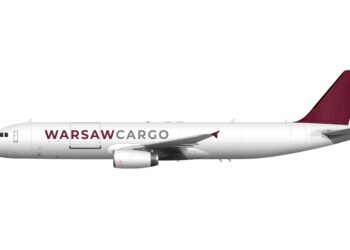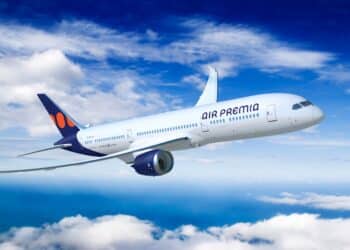Has ICAO banned the wrong batteries?

The International Civil Aviation Organization (ICAO), agreed yesterday to temporarily ban the shipment of lithium-ion batteries on passenger aircraft.
The ban will go into effect 1 April 2016 and, according to ICAO Council President Olumuyiwa Benard Aliu, “will continue to be in force as separate work continues through ICAO on a new lithium battery packaging performance standard, currently expected by 2018.”
Transport of lithium batteries is a significant source of revenue for the air freight business, and, on the surface, the ban would appear to be a major blow to belly carriers and a boon to freighter operators. But its impact will likely not be all that great, for several reasons.
- Many airlines have already chosen to ban lithium-ion batteries from their passenger aircraft
- The prohibition does not apply to lithium-ion batteries packed with equipment, or lithium-ion batteries contained in equipment. That is, while bulk shipments of lithium-ion batteries will not be allowed in passenger aircraft, items such as computers and phones can be shipped with batteries included.
- Some countries may choose to ignore the ban, which is not universally binding.
Whatever the terms of the ban, and regardless of the extent of its impact, Cargo Facts, along with many others – particularly IATA – believes it does not address the real problem. The major shippers of lithium-ion batteries, along with the forwarders and carriers, are as concerned about safety as ICAO is. But makers and shippers of counterfeit and/or non-declared batteries are not, and the current ban will have little impact on them.
Join us for more air cargo insights and networking at Cargo Facts Asia, 19-20 April 2016 in Hong Kong. Click here for details.




